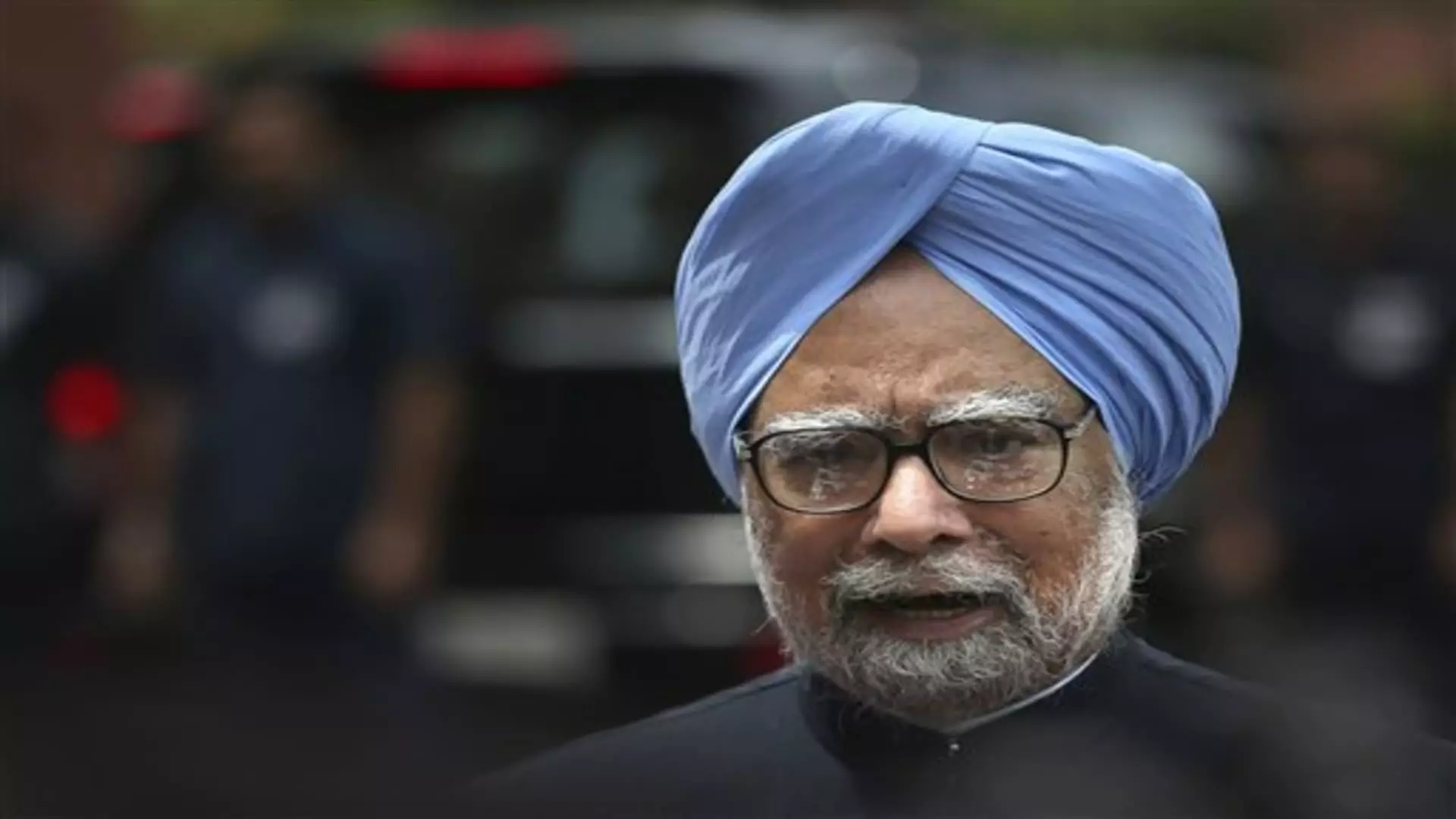Manmohan Singh, who served as India’s Prime Minister in two separate tenures, was a figure who encapsulated the essence of quiet determination and strategic foresight in the face of formidable challenges. As the first Sikh to hold the position, Singh’s journey from a modest background in pre-independence India to the helm of the world’s largest democracy is nothing short of extraordinary. His recent passing at the age of 92 marked the end of an era, prompting reflections on his profound impact on the Indian economy and society.
Born in a struggling family in what is now Pakistan, Singh’s early life was characterized by hardship and perseverance. He often studied under the flickering light of candles, a testament to both his determination and the limited resources available to him. His relentless pursuit of education led him to prestigious institutions in the UK, namely Cambridge and Oxford, where he obtained a doctorate. His academic focus on economics, particularly the role of export and free trade in invigorating India’s economy, shaped his approach to governance.
His reputation as a formidable economist was solidified through his roles as an advisor and then as the Governor of the Reserve Bank of India. Singh was initially enigmatic, with no apparent ambitions for a political career, which makes his eventual foray into politics all the more surprising.
Singh took on the role of Finance Minister during a tumultuous time in 1991, where he became the architect of renowned economic reforms aimed at rescuing India from a serious balance of payments crisis. His initiatives to deregulate the economy fostered an environment that welcomed foreign investment, transforming India into a global player. His famous assertion, quoting Victor Hugo, encapsulated his vision—asserting that no force could halt an inevitable idea. This attitude motivated him as he championed the broader integration of India’s economy within the global marketplace.
These reforms laid the groundwork for unprecedented economic growth. Singh’s intellectual gravitas earned him respect on the international stage, although domestically, challenges arose from within political circles that threatened his ability to enact further reforms.
Singh’s ascension to Prime Minister in 2004 was unexpected but not without its complexities. While he was technically the leader of the country, many perceived Sonia Gandhi, the president of the Indian National Congress and his predecessor, as the true power broker behind the scenes. This perception overshadowed Singh’s accomplishments and often undermined his credibility.
His government, which thrived in a period of economic prosperity, also faced numerous obstacles, including political discord within the coalition and increasing demands from diverse political stakeholders. The grand vision of an economically flourishing India was often compromised by the nitty-gritty of coalition politics, where Singh found himself having to appease allies while pushing forward with necessary reforms.
Despite his frugal lifestyle and commitment to integrity, Singh’s later years in office were marred by controversies and scandals that emerged within his administration. Protests erupted demanding accountability, and perceptions of political stagnation began to eclipse his earlier successes. In this turbulent climate, Singh’s government lost significant ground, culminating in a loss of power to the Bharatiya Janata Party (BJP) led by Narendra Modi in 2014.
Even towards the end of his tenure, Singh exhibited a commendable resilience, imploring that history would view his contributions more favorably than contemporary political narratives allowed. He believed he had laid down pathways that ensured India’s economic stability, despite the headwinds his administration faced.
Manmohan Singh’s legacy is multifaceted, embodying both remarkable achievements and stark challenges. He played an instrumental role in changing the economic landscape of India, lifting millions out of poverty and guiding the nation towards a more market-oriented economy. His quiet demeanor belied a profound intellect, and he became a respected figure among world leaders. As India moves forward, Singh’s contributions will undoubtedly be reflected upon with both reverence and critical analysis.
As the nation grapples with the complexities of its socio-political landscape, the life and legacy of Manmohan Singh serve as a reminder of the delicate balance between leadership, vision, and the realities of political governance. His passing not only marks the end of an individual chapter but also invites deeper investigations into the economic policies and governance styles that shape a nation’s potential.


Leave a Reply